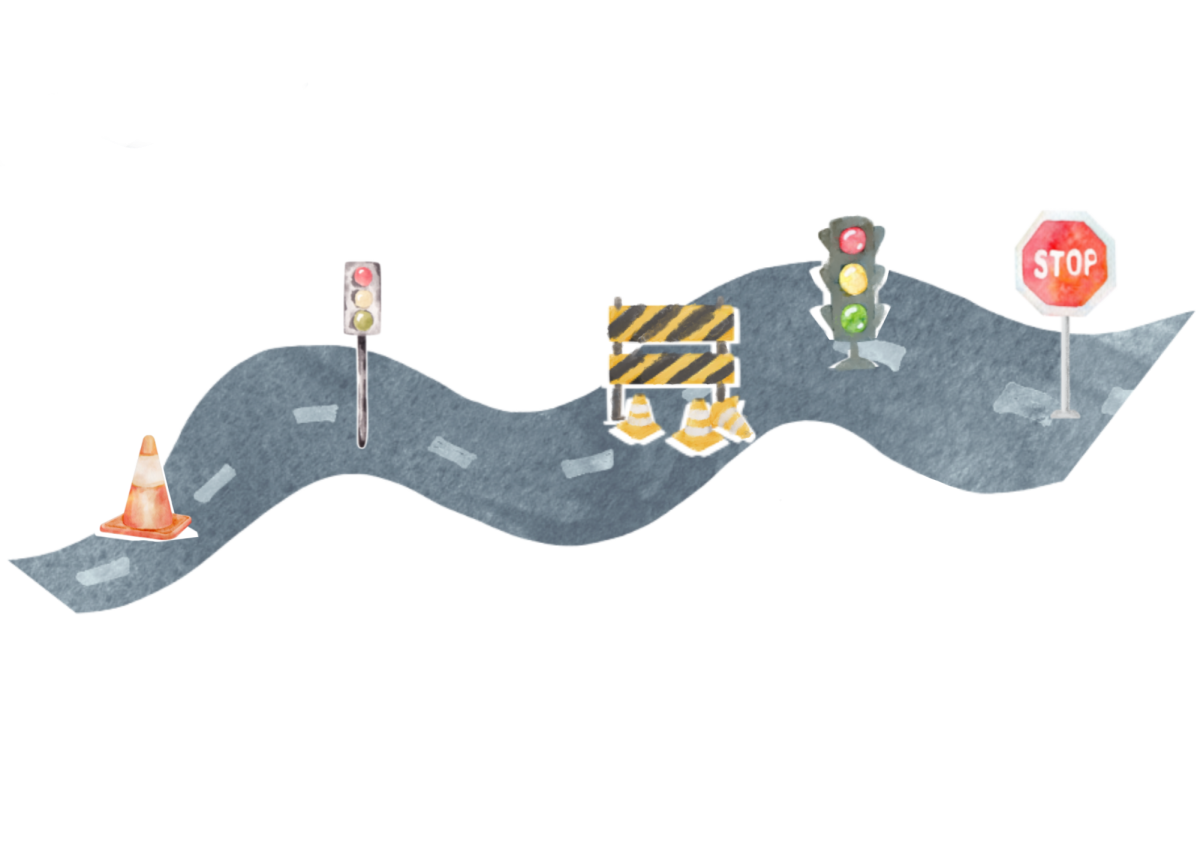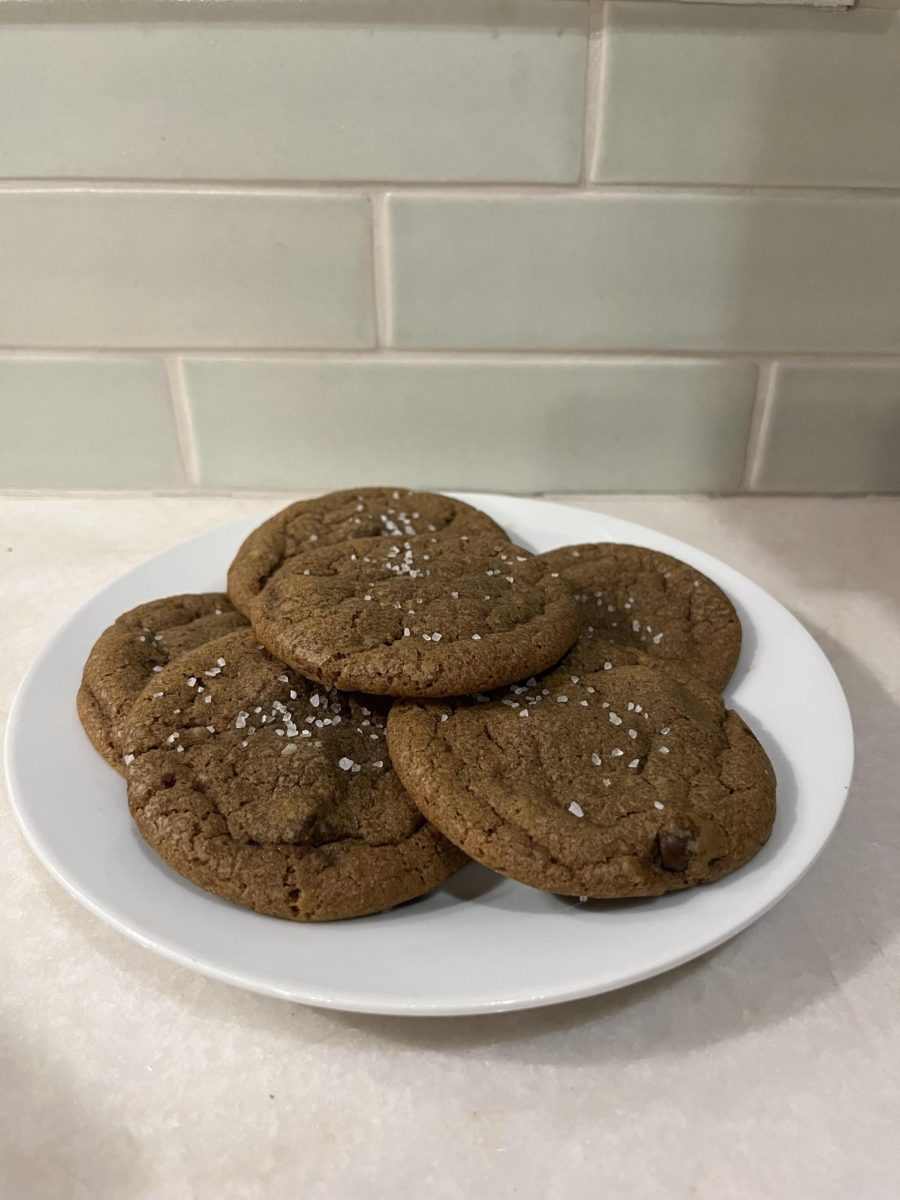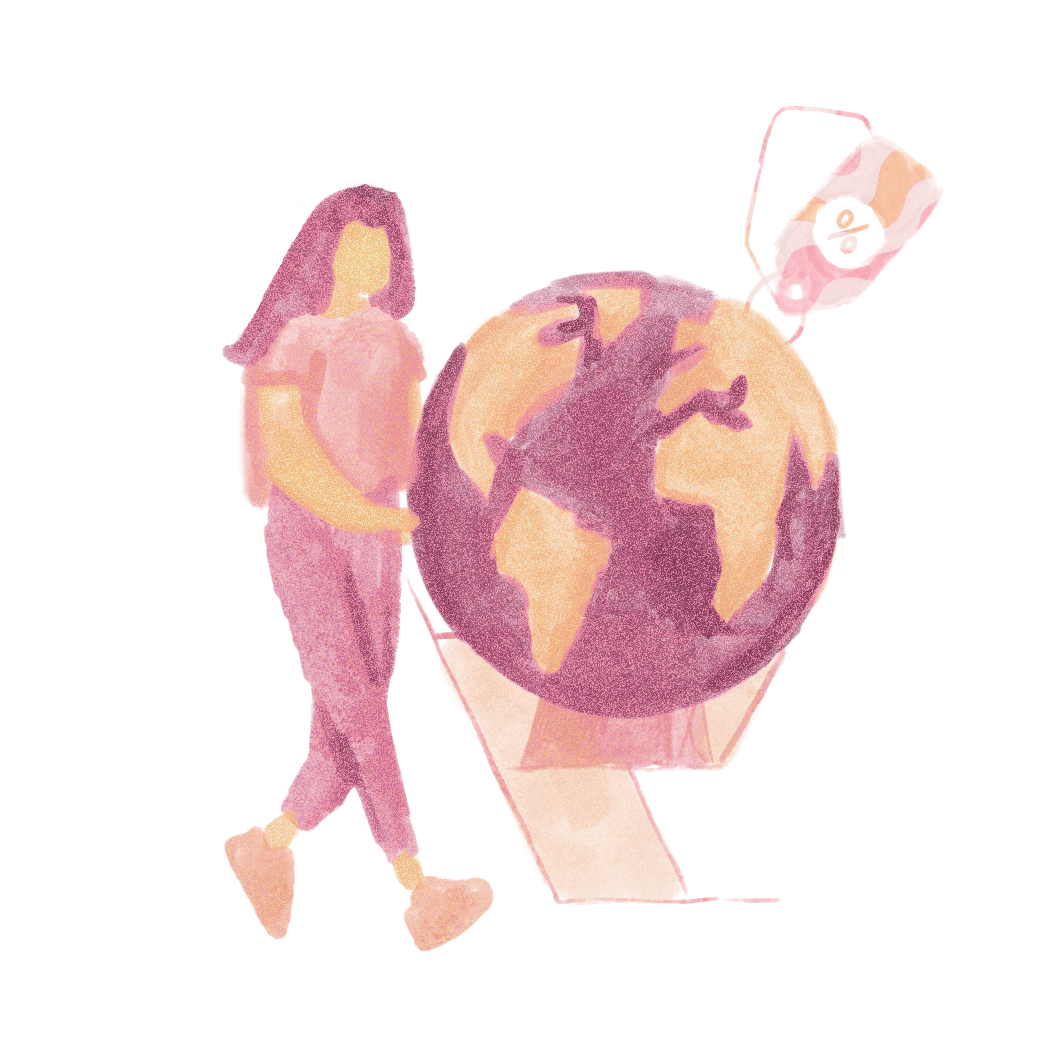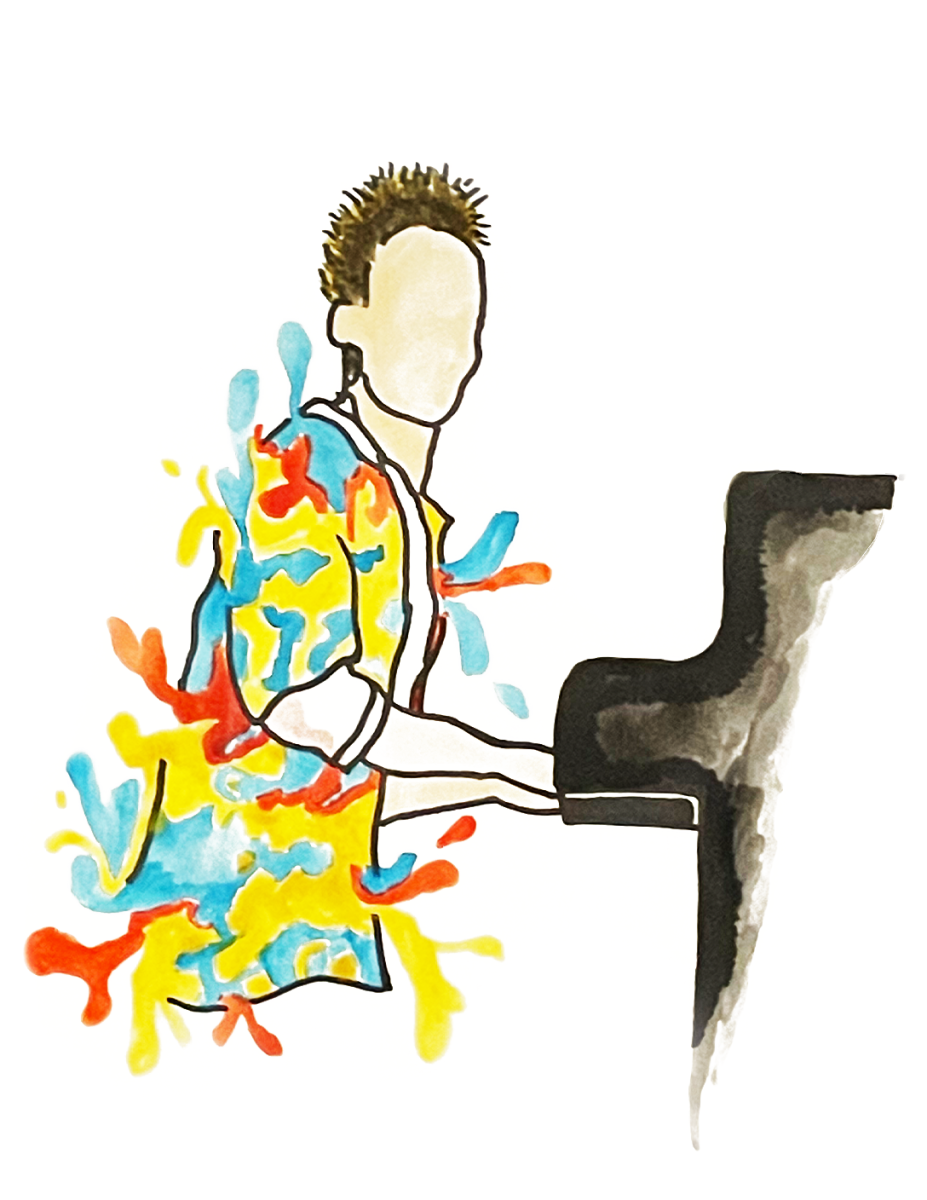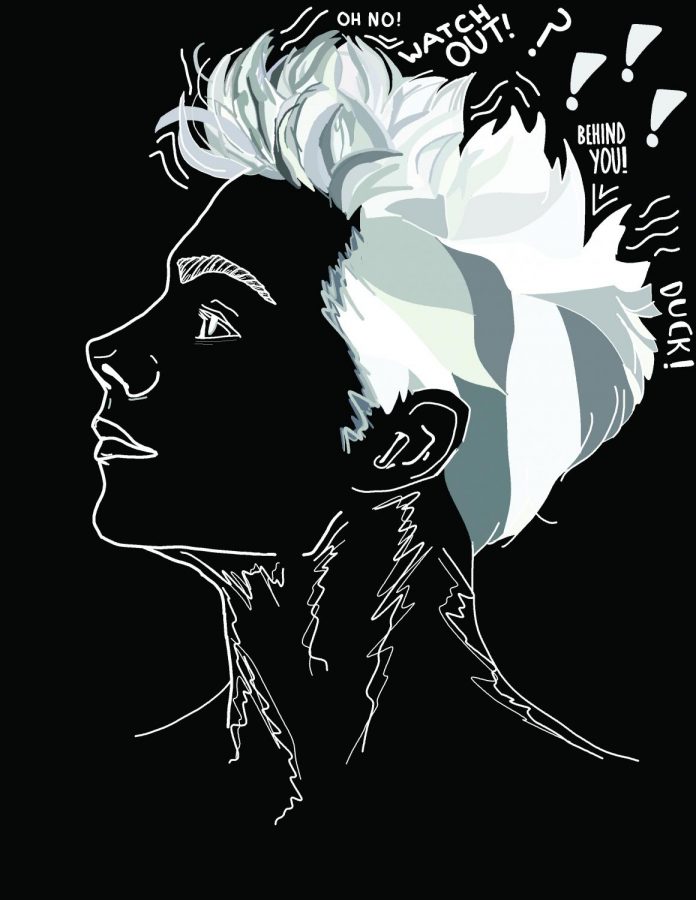Follow Your Gut
Being told to follow your gut has been advice parents and mentors have bestowed on children for generations. We recall this idiom in moments of doubt or question, and rely on it for some of the biggest decisions we make in life. However, should we really be “trusting our gut” in decisions that could be life or death?
February 26, 2020
There’s one answer left on the test. Time is running out, and you have absolutely no idea what the right choice could be. Your first instinct was to choose A, no reason why, but it felt right. You’re stumped. You scribble in A and shove the page on your teacher’s desk. A week later, the test comes back. You trusted your gut and got it wrong.
Trusting your gut is an idiom that has been repeated since childhood— whether it is in reference to, say, an answer on a test, or even something more worrisome, like leaving a situation when things get tense.
So, if this advice can keep someone safe, why is it such a heavily contested phrase?
According to a study conducted at Duke University, this instinctual decision is prompted by a part of the brain called the limbic system.
The Limbic System controls “emotion, behavior, and motivation,” and it isn’t fully developed until age 25.
Twenty-five years old is well past adolescence, and yet teens and young children are relying on this part of the brain that has not fully matured to make monumental decisions.
These decisions could be life-changing or life-saving, and they are sometimes dictated by an instinct that could quickly lead someone in the wrong direction.
Instincts are sometimes based purely on previously established stereotypes that have become ingrained in the way people view things.
For example, in another study at Duke, girls were shown photos of people and asked to identify the ones they believed to be the least trustworthy.
The ones voted least trustworthy were the ones who were frowning, or had a blank expression.
Interestingly, the test subjects who had these reactions were often teenagers themselves, aged 12-15. These girls had in-the-moment reactions, ones that could have happened easily in everyday life.
While this proves that small factors contribute to a person’s assumptions, it also leaves room for someone to argue that these assumptions do help protect young people (especially girls) by putting them on high alert. Do they, though?
Well, yes, it does help girls stay alert around potential threats, but what about when every man with a naturally scowling face makes the girl wary?
We live in a world where we feel the need to watch our backs — even walking down the street is an activity that can fill us with dread thinking about potential threats and possibilities for harm.
How are we supposed to ween out the malevolent from the ambivalent if our instincts are telling us “danger, danger, danger?”
Intuition is like a muscle. A person must build it up and learn to trust that the messages sent by the brain to use their instincts to their fullest potential.
In the past decades, it has become hard to be aware of one’s surroundings.
Teens wake up in the morning and immediately plug into their devices, and often stay that way until night.
Being completely plugged in like that distracts us from the world, and makes it increasingly more challenging to stay aware in situations that may warrant it.
A blog, Functional Health Code, reported on this, claiming that “When we are overly consumed by our devices, it is incredibly difficult (if not impossible) to listen to our intuition.”
This issue is a new one for teenagers. Never, in the decades before, could people have guessed that having a device that potentially provides so much safety could also lead to kids into dangerous situations.
However, these devices that are destroying our natural intuition aren’t all bad. They do help teens in ways that never could have been imagined before.
Now, instead of merely walking alone at night, phones provide apps that can keep a person safe, even if the person’s gut instincts aren’t fully there to protect them.
One of which apps allows its user to hold a button until they get to their final location — if the person stops pressing the button, it calls the police. Of course, this is just one of many apps that are being created, and one of the many apps that could potentially save a life.
Yes, gut instincts have been what we relied on for centuries — and no doubt that they will continue to keep people aware and mindful of their surroundings.
However, now, we don’t have to be relying on the part of our brain that might not be the best guide.
Instead, we can know that we are safe, and if that ever changes, we have a secure line of defense in our back pocket.




